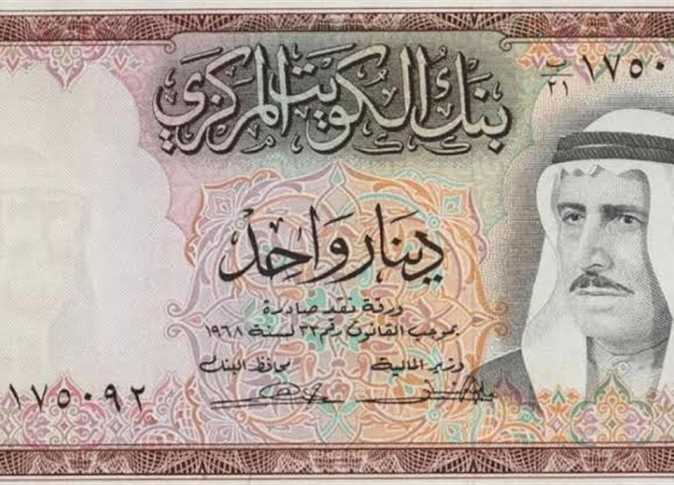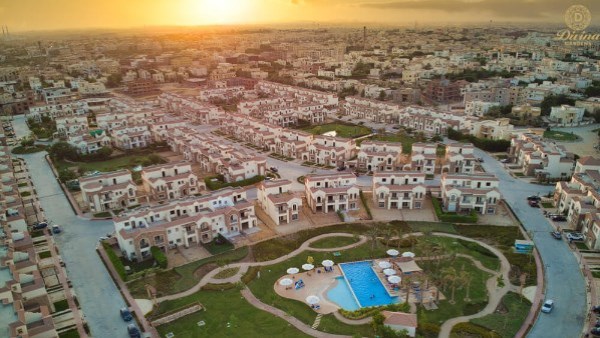
Johannesburg، Africa's richest city، suffers housing crisis، dangerous conditions in abandoned buildings

Johannesburg، Africa's richest city، is facing an unprecedented housing shortage، with 400 thousand families on a waiting list that spans decades as the city’s inability to provide low income housing has forced tens of thousands into the more than 600 so called hijacked buildings that populate the city’s once thriving downtown، everything from abandoned high rises to derelict office buildings and factories، living in slum like conditions and paying rent as well as protection fees to criminal syndicates.

Johannesburg، Africa's richest city and the capital of South Africa، suffers housing shortage and squatters risking their Lives for shelter as residents have grown accustomed to navigating the constant darkness with mobile phone flashlights، to go without running water and toilets.
Poor budgets force them many residents to lead miserable life in buildings illegally
Many residents in Johannesburg، Africa's richest city and the capital of South Africa، donot want to live like this، but what can they do when their budgets force them to lead this miserable life in the the three-story building illegally since 2008 and they long for better places to live.
Johannesburg، Africa's richest city، suffers precarious living conditions that were thrust back into the spotlight when a fire broke out in one of them in August، leaving more than 70 people dead and since then at least three more buildings have caught fire.

The government is very concerned at the conditions، the growth of illegal dwellings
Charles Cilliers، a city housing official in Johannesburg، Africa's richest city and the capital of South Africa، stated that the government is very concerned at the conditions، as the growth of illegal dwellings is fueled by the housing shortage، but the biggest factor in this is that there’s people making serious money out of turning the hijacking of buildings into very successful business.

Bloomberg agenct news reported that housing is a national challenge for Africa’s most developed country such as Johannesburg، Africa's richest city and the capital of South Africa، as more than 3.4 million people are waiting for assistance، especially in Gauteng province، home to Johannesburg، has the greatest need for housing but has perpetuated the legacy of the Apartheid government’s spatial planning policy where Black laborers were forced to live on the outskirts of the city، additionally، the majority of Black people are still forced to live far from jobs in the city، opt for life in informal settlements or hijacked buildings.
Haphazard warren of informal housing constructed
Johannesburg، Africa's richest city and the capital of South Africa، once thriving downtown، today is a haphazard warren of informal housing constructed from zinc sheets and plastic tarps built alongside unofficial dumping sites as well as many houses are subdivided and rented by the room to entire families who can’t afford proper housing.
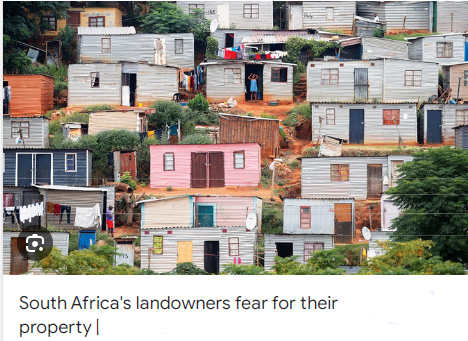
Inside hijacked buildings in Johannesburg، Africa's richest city and the capital of South Africa، a housing shortage means squatters risk their lives just to have a roof over their heads and residents put up makeshift doors made from old wooden pallets or cardboard boxes and zinc sheets، and are wired to illegal connections to the city’s power grid which cause many of the recent fires as they are done recklessly and when there is no power، some leave candles burning and fires start.
Some of the buildings should be deemed uninhabitable
Civil society groups in Johannesburg، Africa's richest city and the capital of South Africa، concede that some of the buildings should be deemed uninhabitable، but many argue that they are still safer than being out in Johannesburg’s streets at night.
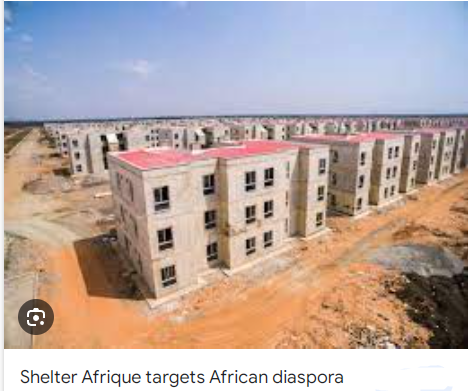
Siya Mahlangu، secretary general of the Inner City Federation، an advocacy group that works with building committees in Johannesburg، Africa's richest city and the capital of South Africa، asserted that it is obvious that if they had an alternative، somewhere else to call home، you would not find them here، as no one wants to live where they have got no electricity but it shows that there is no other choice.
A decades-long wait list for low-income housing in Johannesburg
A decades-long wait list for low-income housing in Johannesburg، Africa's richest city and the capital of South Africa، forces many to suffer dangerous conditions in abandoned buildings as the the city، whose services have been declining for years، can’t access the buildings.

Frequent raids by the authorities to evict residents or disconnect the power have been futile، as evicted residents، with no other place to go، inevitably return as well as the city’s actions have in some instances been declared unlawful by the courts.
The arrival of thousands of migrants to Johannesburg
The arrival of thousands of migrants to the city of Johannesburg، Africa's richest city and the capital of South Africa، each month makes the problem even trickier as in 2017، the housing backlog stood at around 300 thousand but the city could only afford to build only 2،000 houses.

Many of those living in the buildings are migrants and Between 2016 and 2021 more than one million people immigrated to South Africa، largely from Zimbabwe and Mozambique، with around 47% settling in Gauteng، so that influx has bred resentment in Johannesburg، Africa's richest city and the capital of South Africa، a country where unemployment is 32.9%، one of the highest globally، according to the International Monetary Fund.
Shrinking economic activity has also given rise to anti-immigrant parties

Shrinking economic activity has also given rise to anti-immigrant parties that could threaten the ruling African National Congress party’s grip on power in elections this year as a woman lives in a room she shares with other five others inside a hijacked building in Johannesburg
The city of Johannesburg، Africa's richest city and the capital of South Africa، doesn’t have a unified strategy to address the housing crisis، but the country must take a broad approach، addressing illegal immigration but also refurbishing hijacked buildings so they are livable and brought under the social housing umbrella.

Simon Mayson، cofounder of the Makers Valley Partnership، an NGO in the inner city affirmed that Civil society groups have proposed converting properties owned by the city to low income housing and that can be done through outsourcing to a private managing agent because it is clear that the city can’t manage its stock.
Raids on hijacked buildings continue across the inner city
In the meantime، raids on hijacked buildings continue across the inner city، but there’s no planning for what to do with the evicted residents that months after the fire that killed 77 people and brought hijacked buildings back into the headlines، the city moved its surviving residents to small tin shacks in an industrial park with no water or electricity.
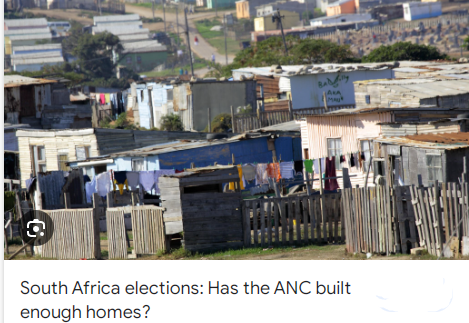
However، whatever plan the city ultimately devises to address the crisis، the mafias that run the hijacked buildings will likely still have a role to play as in many cases، the city will need to arrest the gangs running buildings، but it must also find a way to make it economically feasible and attractive for people to start to offer up buildings in social housing projects and maybe the mafias and the cartels can even clean up their criminal acts and go and register social housing initiatives.





-1120252475029447.jpg)







